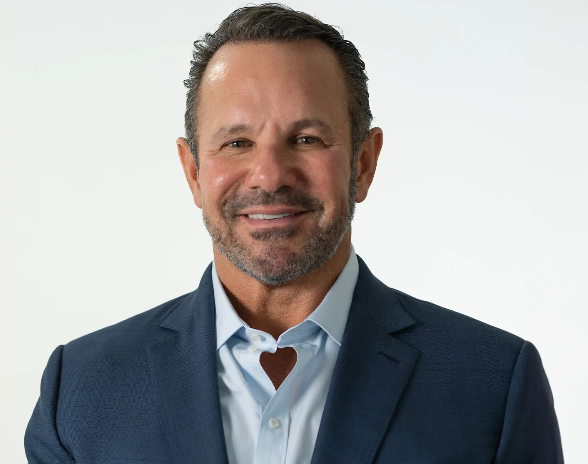Analysis

May 29, 2025
SMU Community Chat: Zekelman calls for more support for steel consumers
Written by Stephanie Ritenbaugh
The Trump administration is not doing enough to ensure a fair market for steel consumers, according to Barry Zekelman, executive chairman and CEO of Zekelman Industries.
Zekelman spoke this week with SMU Editor-in-Chief Michael Cowden for an SMU Community Chat. You can check out the full chat, including Zekelman’s thoughts on buying a mill and running for office, here.
“I’m on board with the fact that we all believe that steel is a national security interest,” Zekelman said. “You have to have a vibrant, robust steelmaking industry to be an industrialized nation like we are.”
While it’s good to support the mills, “remember that they don’t exist without people like me and everyone else who’s on this call,” Zekelman said. “You have to have an environment that encourages the consumers of that steel to invest and to produce and we have a market that we can sell into.”
Chicago-based Zekelman Industries is one of the largest steel buyers in North America.
He noted that tubing is a major steel consumer with about 5 million metric tons a year coming into the US through various types of pipe and tube products. And a majority is being produced with substrate hot-rolled coil (HRC) or cold rolled that is at a far cheaper price than is being charged domestically, he said.
“I’m all for mills here getting $800 for hot rolled or $900 for hot rolled, but it doesn’t do me any good to pay that, and I can’t pay that,” he said. “If I’m competing against tube that’s made from $400 hot rolled, that makes its way into our country unobstructed.
“Unless the administration actually gets serious about leveling the playing field … for consumers of steel, then everything they’ve done on the steel side is useless,” Zekelman said. “The producers of steel, whether they be Nucor or SDI, or Cliffs, U.S. Steel or North Star, you’re not going to be able to sell us. You’re not going to have a customer.”
“So they better wake up and start fighting for us, too, and start squeaking just as loud as they did for them as they should for us, because without us they’re dead,” he said.
One way to improve the system? Stop relying on tariff codes and anti-dumping suits and use a duty based on weight.
“We all know how they price their product or what they claim the value is, and the percentage gets paid on that,” Zekelman said. “We need to put a per-pound tariff on steel and steel products and be done with it so that there is no cheating; there is no currency manipulation. Because it’s weight. You can’t lie about the weight.”
Coming to America
Zekelman also expressed frustration at the companies returning to the United States and being rewarded.
“All of us on this call, we’re in America. We’ve made hundreds of millions, if not billions of dollars of investments in America,” Zekelman said. “And you’re going to reward the people who are Johnny Come Latelys. Reward the people who have been here paying the price and toe in the line for all the crap we’ve put up with and abuse over the past decades.”
“Reward us. We’ll show you what we can do,” he said.
‘Wake-up call’
Zekelman was born and raised in Canada and still has dealings in the country, including owning shares in Ontario-based Algoma Steel. He said he is paying about $5 million a month in tariffs since the duties went into effect.
“I’m buying steel in Canada cheaper than I can buy it in the US, because at the end of that chain, the Canadian steel producers are are the last in line, and they’re the ones paying the price.”
He called the tariffs a “wake-up call” to Canada.
“As of 2024, Canada imported 3.2 million metric tons of various steel products from the worst countries in the world, and Canada puts a 25% duty on China,” he said, noting that those tons are then shipped into the US.
“Canada needs to push that crap out of here, so Canadian steel mills can supply the Canadian market,” he said. “Canadian steel mills can do well, and they won’t have to look south of the border. As a matter of fact, if we displace all of that. Canada will be a net importer of steel from the US, and then the duty should go away.”
“The same is true for the US. Block the crap out.”







